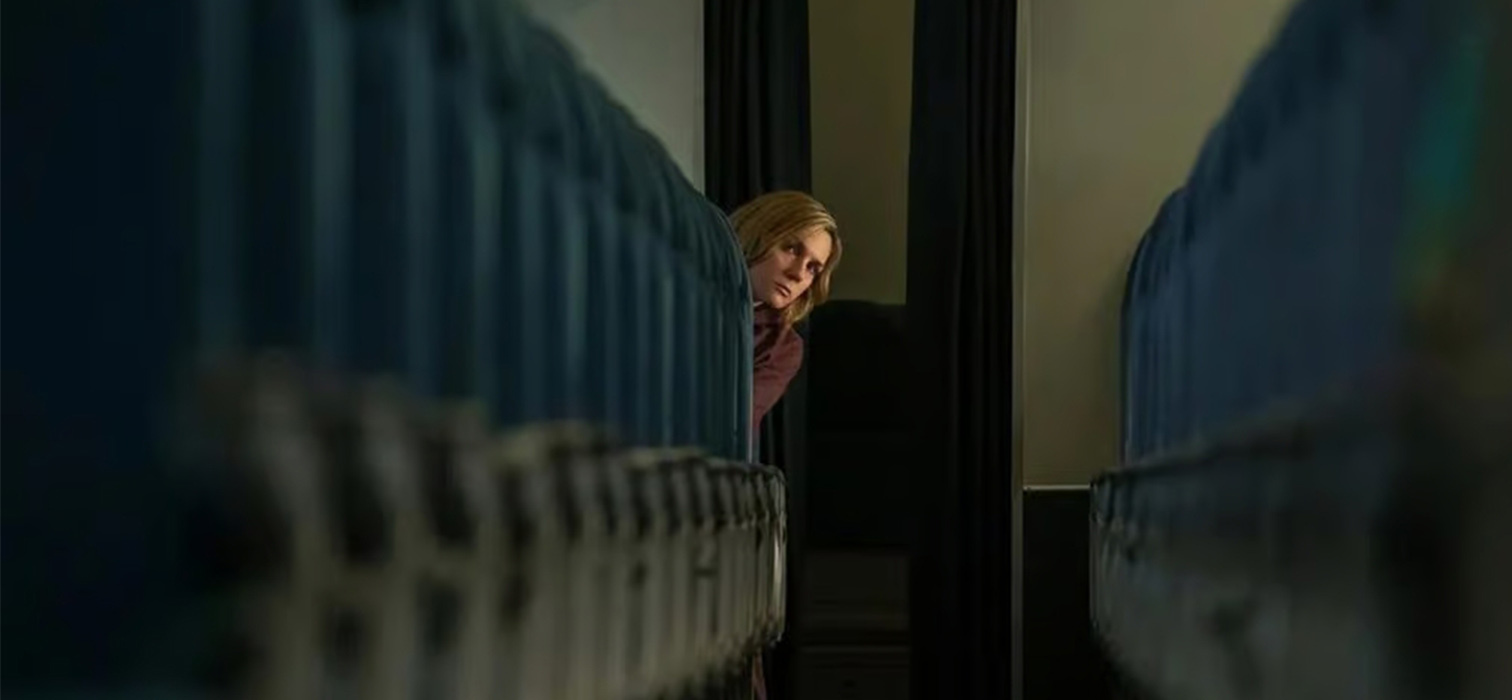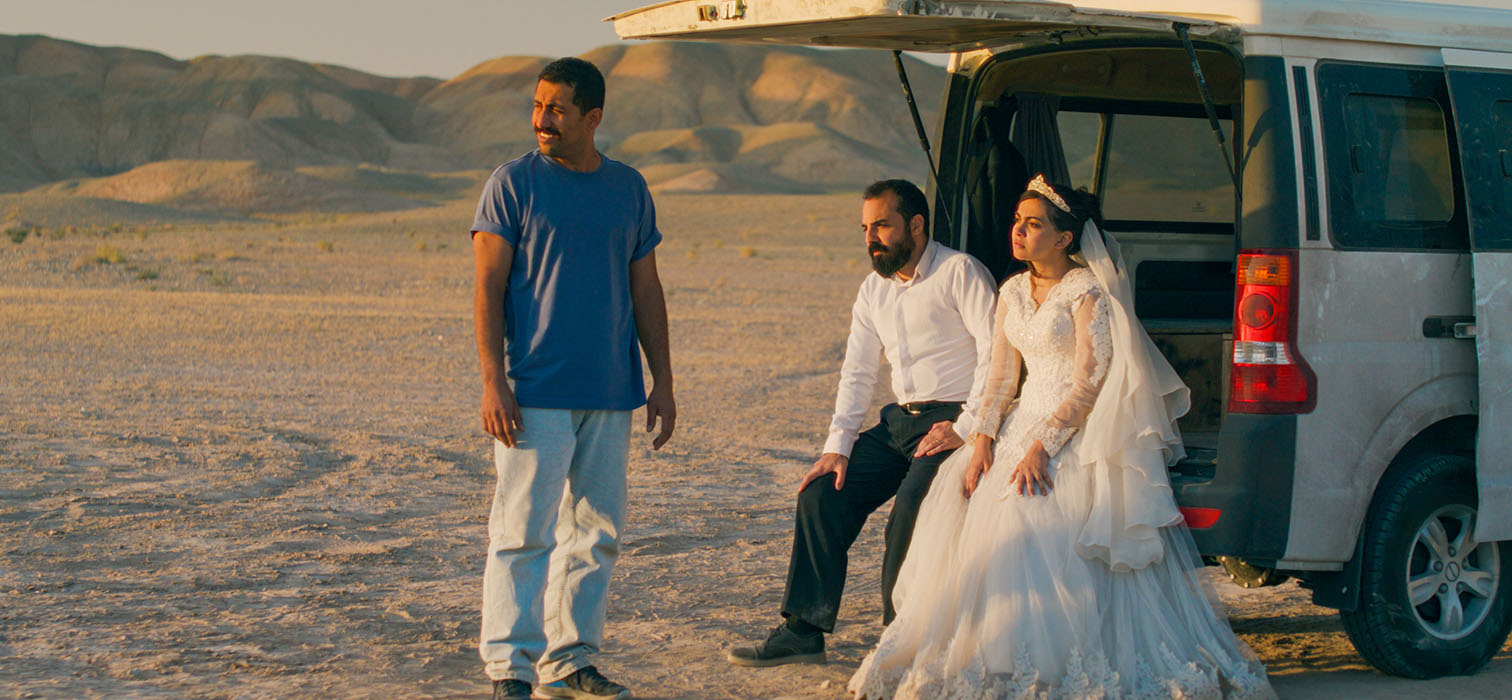The Last Peach Harvest: “Alcarràs”

Clara Simon’s Golden Bear Award-winning film “Alcarràs” became one of the most talked about films of the 41st Istanbul Film Festival.
“My big hard core was thinking of a new life. After a few minutes, I was no longer a peach, but my core was dreaming of greening again.” One Peach, Thousand Peach, Samed Behrengi
Once upon a time, in a village there lived two little boys named Ali and Mehmet. These two little children dreamed of eating the peaches on the trees in the village master’s garden, and they wondered why they could not reach these ripe peaches in their own land. This is the story of how a peach seed sleeps under the ground so that Ali and Mehmet can eat its fruits, and how it splits its shell and sprouts when the season turns to spring, as told by the storyteller Samed Behrengi in his fairy tale One Peach, Thousand Peaches. What reminds me of this tale by Samed Behrengi is the story of the Solé family, who have been cultivating and farming peaches for generations in the village of Alcarràs in Catalonia, namely the story of Clara Simon’s Golden Bear Award-winning “Alcarràs”.

“Since my family grows peaches, this topic that I covered in the movie is very close to my heart. I felt one with the family in distress and wanted to show the desperation of the family in the film.”
Clara Simon
Returning with the Golden Bear Award from the 72nd Berlin Film Festival, “Alcarràs” is Clara Simon’s second film after “Summer 93”. Simon, who lost his parents to AIDS when he was 6 years old and started living with his uncle, drew the “Summer of 93” inspired by his childhood experiences and told both AIDS and the mourning process of a child through the eyes of a girl whose mother died of AIDS. The 2017 production “The Summer of 93” won the Best Debut Film Award at the Berlin Film Festival. “Alcarràs”, which was screened at the 41st Istanbul Film Festival, opens with a postcard appearance in the vast Catalonian lands dominated by green and yellow tones; The movie, which starts with the play scene of three little children in a scrap car, does not build its narrative through the eyes of a child hero, even though it focuses on children in the opening scene. In the continuation of the scene, the children’s game comes to an end when a big bucket comes to lift this scrap car. And thus, removing the scrap vehicle from the land is not only a symbol of the children’s play, but also the end of an era for the Solé family, who have been farming on this land for generations, mostly by harvesting peaches.

This land was given to grandfather Rogelio, the eldest generation of the Solé family, by the Pinyols, one of the wealthy families of Alcarràs, many years ago. During the Spanish Civil War that lasted in the 1930s, while the revolutionaries threatened the landlords who exploited the farmers’ labor, Rogelio hid the Pinyol family in their home, and in return for this loyalty, the Pinyols gave the family the land on which the family farms today. However, since there was no document for the right to operate at that time, Rogelio does not have a document or title deed that he has the right to operate. “Alcarràs” depicts the desperation of the Solé family in a plain and poetic language when the last heirs of the Pinyol family decided to hand over this vast land to install solar panels. We watch the last peach harvest on the land of the Solé family, who had to hand over the land to the Pinyols by the end of summer.
The narrative that Simon constructs by processing social reality in a lyrical language is not shown in a certain time period; The story of the Solé family may be living yesterday or today, it is quite timeless. The main thing in the film is the struggle of the farmers against the capitalist order, the conflicts in the family and the lands that disappear with the disappearing farmer’s labor day by day. (In part of the movie, we also see the collective action scene of the farmers in the area against the sales policies that do not cover their labor.) While telling his story, Simon does not focus on a specific time and does not proceed through a single hero as the narrator. While feeling the helplessness in which Quimet, the eldest son, who took care of the land, was trapped, on the other hand, we listen to the memories of grandfather Rogelio, the past of this land surrounded by peach trees and vineyards. Many nuances, such as Rogelio’s bond with his land, an old Catalan song he hums, the fig tree he tells about how he was planted, make the strong bond between the land and people feel with an emotional reality that is not dramatized. This story, told by the director in the gardens as beautiful as a postcard, brings to mind the verses of Nâzım Hikmet, which were said years ago for the soil and the people working on it:
“I said: look
look, he started laughing like a child in front of us
weeping earth one step behind.
Look, figs are like big emeralds,
the stumps hardly bear the amber clusters.
(…) I said, look
Here people are fertile like the earth, like the sun, like the sea.
Here, fertile sea, sun and land like human beings”
With grandfather Rogelio’s bond with the land, Simon does not neglect to show why his couple should be persistent on their land, while showing the in-betweenness of the last generations. Although Roger, who is a high school student, is interested in farming, his father Quimet constantly taunts him over his success in school, mother Dolores tries to keep the family together with a maternal attitude during this crisis period, and the reflection of the other members of this extended family, still, uncle and cousins, to the story… Alcarràs” focuses its camera on each of these different generations. Even though the whole family is fighting in the middle of uncertainty during this last harvest they spend in the peach orchards, Simon does not neglect to set a dinner table at the large table of the house where the sun sets on them. Despite all the conflicts and the uncertainties that await them in the near future with the installation of solar panels, the Solé family manages to be at the same table on an evening when the wines they make from their own grapes are poured into glasses and the sun sets on their tables.
In “Alcarràs”, Simon tells the story of a farming family that stands up for their land, based on both his family and the farmers in Catalonia. While doing this, he manages to bring the emotions of the characters to the stage gracefully, as well as using the long shots that he captures idyllic landscapes, and his camera fits a very large family into its lens. At the end of the movie, with the last scene where the whole family watches the green and tall peach trees in their garden, I ask myself the following question: Despite everything, is the thing that keeps the whole family together, is the seed of honeyed peaches that split open and shoot out when the season comes?




